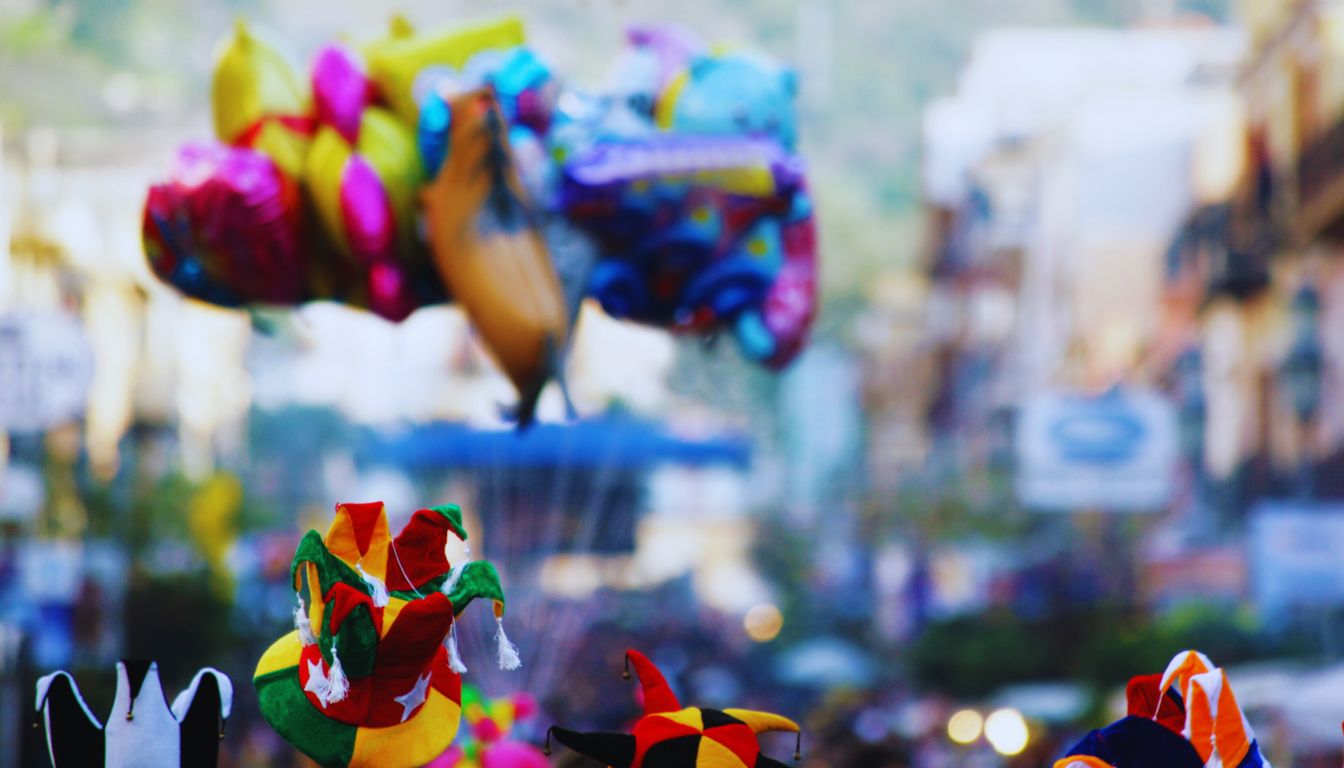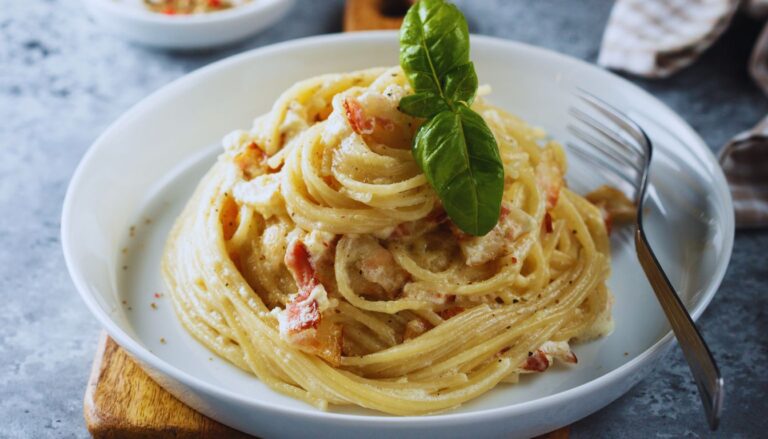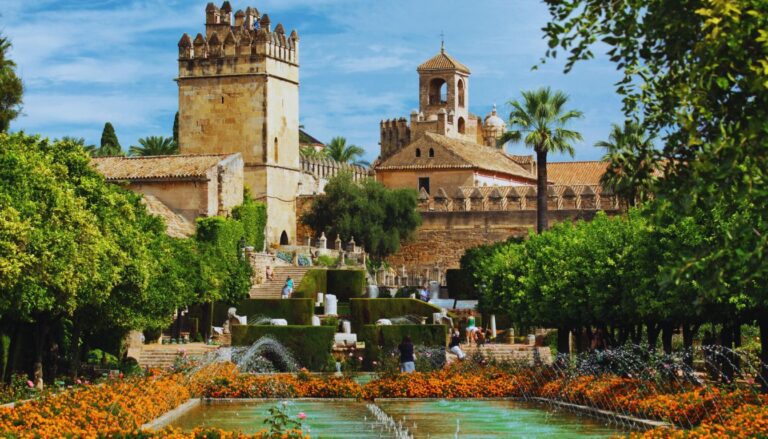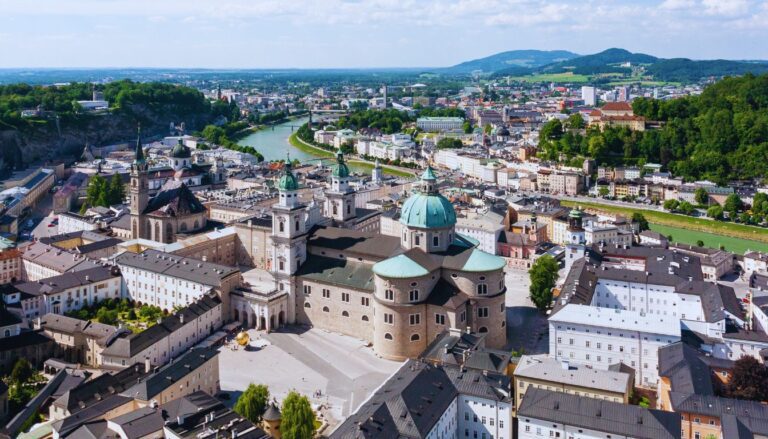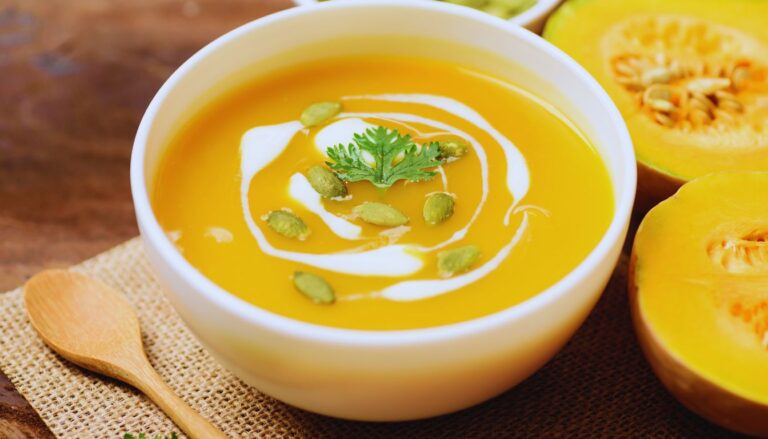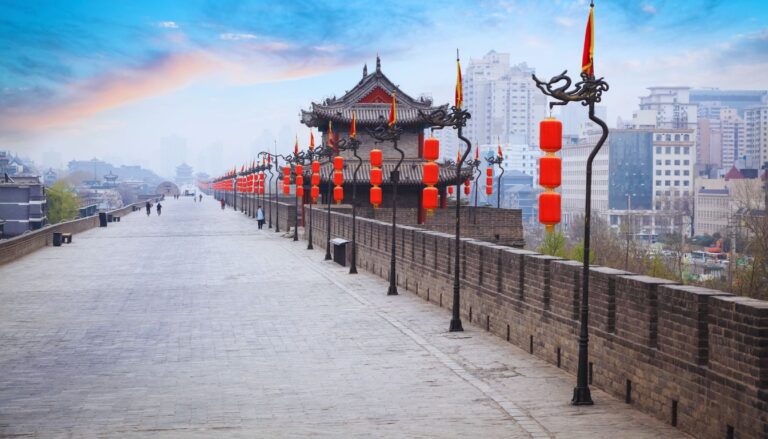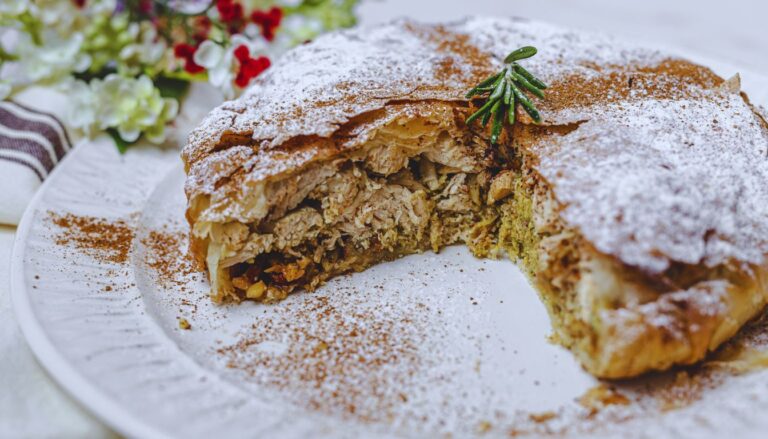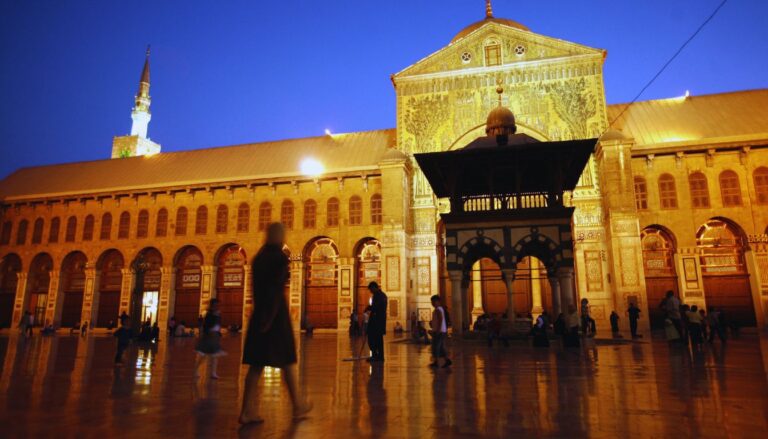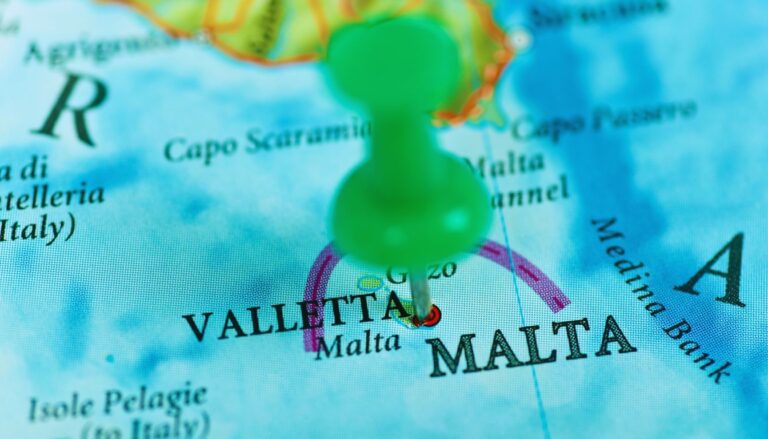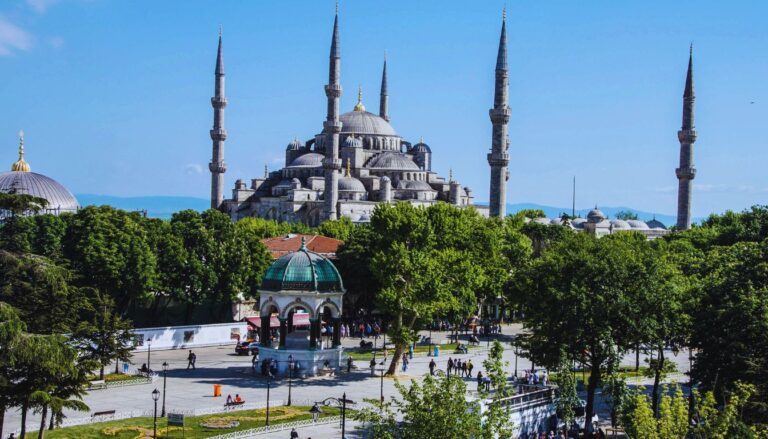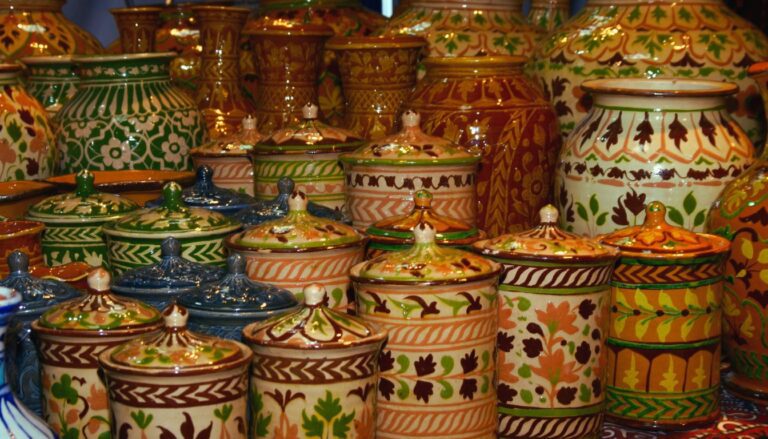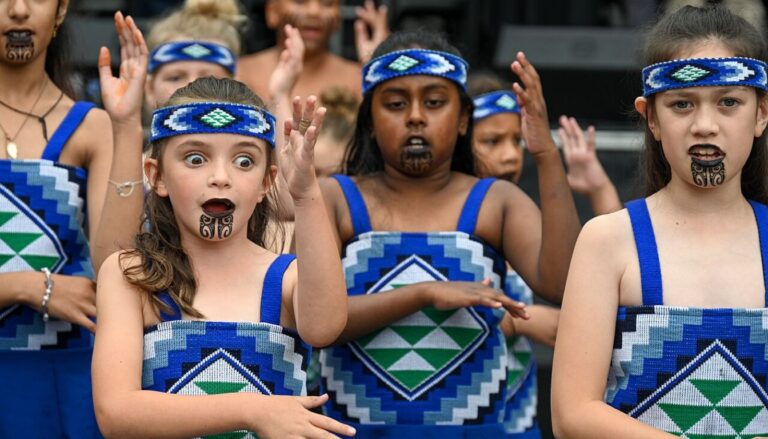Southern Italy, with its rich history and vibrant culture, is home to some of the most captivating festivals in the world. These celebrations, deeply rooted in tradition, offer a unique window into the heart and soul of the region. From religious processions to food fairs, from ancient rites to modern interpretations, Southern Italian festivals paint a colorful picture of life in this part of the Mediterranean.
These events are more than just tourist attractions; they are living, breathing expressions of cultural identity. They bring communities together, preserve age-old traditions, and provide a stage for local artisans, musicians, and performers to showcase their talents. For visitors, these festivals offer an unforgettable experience, filled with sights, sounds, and flavors that capture the essence of Southern Italian life.
Table of Contents
The Historical Roots of Southern Italian Celebrations
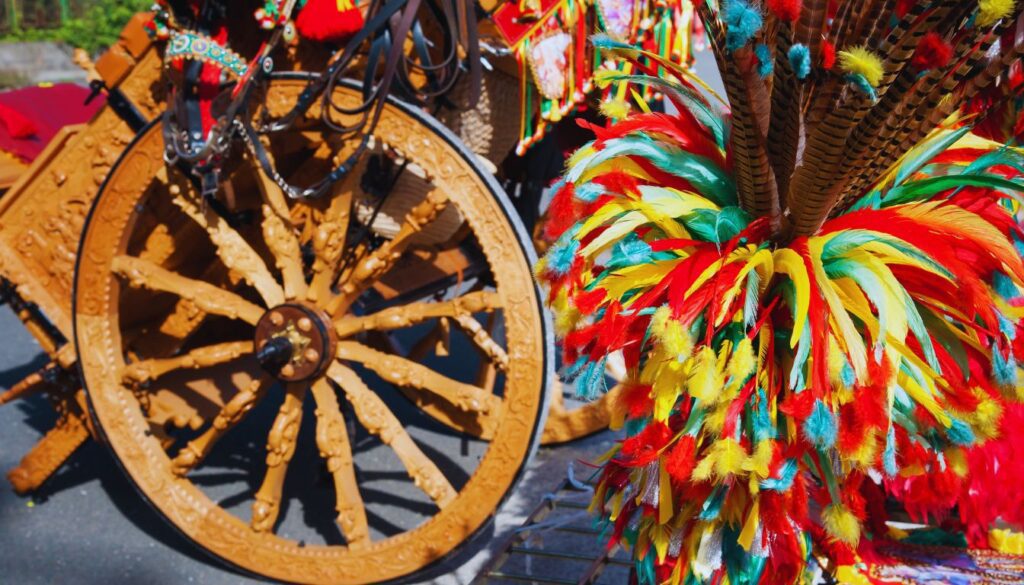
The festivals of Southern Italy have deep historical roots, many dating back centuries or even millennia. They reflect the region’s complex history, influenced by various civilizations including the Greeks, Romans, Byzantines, Arabs, Normans, and Spanish.
Many celebrations have their origins in ancient pagan rituals, later adapted and incorporated into Christian traditions. Others commemorate historical events or figures important to local communities. Over time, these festivals have evolved, blending old and new elements, but always maintaining a strong connection to the past.
For example, the Festa dei Gigli in Nola, near Naples, has roots tracing back to 410 AD. It celebrates San Paolino, who according to legend, returned to the city with citizens who had been enslaved by Barbarians. The festival features massive wooden structures (gigli) carried through the streets, a tradition that has remained largely unchanged for centuries.
Religious Festivals: Faith and Tradition Intertwined
Religious festivals form a significant part of Southern Italy’s cultural calendar. These events, while deeply rooted in Catholic tradition, often incorporate elements of local folklore and pre-Christian customs.
One of the most famous religious festivals is the Festa di San Gennaro in Naples. Held three times a year, it centers around the alleged liquefaction of the saint’s blood, believed to be a miracle by many faithful. The festival draws thousands of spectators and is a powerful expression of Neapolitan faith and identity.
In Sicily, the Festa di Sant’Agata in Catania is another remarkable religious celebration. This festival honors the city’s patron saint with a grand procession featuring her statue, carried on a silver fercolo (a special ceremonial structure) through the streets. The event lasts for three days and nights, filled with devotion, fireworks, and traditional sweet treats.
These religious festivals not only serve as expressions of faith but also as important social events that bring entire communities together.
Carnevale: Southern Italy’s Pre-Lenten Celebrations
Carnevale, the festive season before Lent, is celebrated with particular enthusiasm across Southern Italy. While Venice’s Carnival might be more famous internationally, Southern Italian Carnevale celebrations are equally vibrant and often more deeply rooted in local traditions.
The Carnevale of Putignano in Puglia is one of the oldest and longest in Italy. It features massive papier-mâché floats, satirical performances, and traditional masked characters. The festival’s origins date back to 1394, making it a fascinating blend of medieval tradition and modern spectacle.
In Sicily, the Carnevale of Acireale is known for its flower-covered floats and the grottesco masks, large caricature heads worn by performers. The festival combines Baroque splendor with folk humor, creating a unique and unforgettable experience.
These Carnevale celebrations, with their mix of irreverence and tradition, offer a glimpse into the playful side of Southern Italian culture.
Summer Festivals: Sun, Sea, and Centuries-Old Traditions
Summer in Southern Italy brings a multitude of festivals that take advantage of the warm weather and long evenings. Many of these celebrations have ancient roots but have evolved to include modern elements.
The Festa di Santa Domenica in Scorrano, Puglia, transforms the town into a spectacular light show. Elaborate illuminated structures, some reaching heights of 35 meters, create a magical atmosphere. This festival beautifully blends religious tradition with stunning visual artistry.
In Calabria, the Varia di Palmi is a UNESCO-recognized event that features a massive float representing the universe, carried through the streets by 200 mbuttaturi (bearers). This festival, with its roots in medieval times, showcases the strength of community spirit and local pride.
These summer festivals, often coinciding with patron saint days, offer visitors a chance to experience Southern Italian culture at its most vibrant and welcoming.
Harvest and Food Festivals: Celebrating the Bounty of the Land
Southern Italy’s rich culinary traditions are celebrated through numerous food and harvest festivals. These events not only showcase local products but also preserve traditional farming and food preparation methods.
The Sagra del Pesce in Gallipoli, Puglia, is a fish festival that honors the town’s fishing heritage. Visitors can enjoy freshly caught fish cooked in enormous pans right on the waterfront, accompanied by local wines and music.
In Sicily, the Ottobrata Zafferanese in Zafferana Etnea is a month-long celebration of local products. Each weekend focuses on different specialties, from honey and apples to mushrooms and wine, all produced on the fertile slopes of Mount Etna.
These food festivals offer a delicious way to experience the flavors of Southern Italy and understand the deep connection between the land, its produce, and local culture.
Music and Dance Festivals: The Rhythms of Southern Italy
Music and dance are integral to Southern Italian culture, and numerous festivals celebrate these art forms. From traditional tarantellas to contemporary interpretations of folk music, these events showcase the region’s rich musical heritage.
La Notte della Taranta in Salento, Puglia, is one of the largest music festivals in Italy. It celebrates the traditional pizzica taranta music and dance, once believed to cure spider bites. The festival culminates in a massive concert that blends traditional sounds with modern interpretations.
In Sicily, the Ypsigrock Festival in Castelbuono offers a different musical experience. This indie rock festival, set against the backdrop of a medieval castle, shows how Southern Italy embraces contemporary culture while maintaining strong ties to its historical settings.
These music festivals demonstrate the diversity of Southern Italian cultural expression, from deeply rooted folk traditions to cutting-edge contemporary performances.
Historical Reenactments and Medieval Festivals
Many Southern Italian towns celebrate their history through elaborate reenactments and medieval festivals. These events bring history to life, allowing visitors to step back in time and experience the sights, sounds, and flavors of the past.
The Giostra della Quintana in Foligno, Umbria, is a jousting tournament that recreates the atmosphere of a 17th-century competition. Participants dress in elaborate period costumes, and the town is decorated to resemble its Baroque-era appearance.
In Puglia, the Corteo Storico di Santa Rita in Conversano features hundreds of participants in medieval and Renaissance costumes parading through the town’s historic center. The event culminates in a historical reenactment in the town’s castle, offering a vivid glimpse into the area’s past.
These historical festivals not only entertain but also serve an important educational purpose, helping to keep local history and traditions alive.
Modern Festivals: Blending Tradition with Contemporary Culture
While many Southern Italian festivals have ancient roots, the region also hosts events that blend traditional elements with contemporary culture. These modern festivals show how Southern Italy continues to evolve culturally while maintaining strong ties to its heritage.
The Ravello Festival on the Amalfi Coast is a summer-long celebration of music and arts. Set in the stunning Villa Rufolo, it features classical music concerts, dance performances, and visual arts exhibitions, attracting world-class artists and audiences from around the globe.
In Sicily, the Taormina Film Fest is an international film festival that has been running since 1955. Held in the ancient Greek theater of Taormina, it perfectly encapsulates the blend of old and new that characterizes much of Southern Italian culture.
These modern festivals demonstrate Southern Italy’s ability to embrace contemporary arts and culture while showcasing its historical settings and traditional hospitality.
Preparing for and Participating in Southern Italian Festivals
For visitors looking to experience Southern Italian festivals, some preparation can enhance the experience. Here are a few tips:
- Research the festival’s history and significance to appreciate its cultural context.
- Learn about any specific traditions or customs associated with the festival.
- Check the festival schedule in advance, as many events span several days or even weeks.
- Be prepared for crowds, especially at more popular festivals.
- Try local foods and drinks that are often an integral part of the celebration.
- Respect local customs and dress codes, particularly for religious festivals.
Participating in these festivals offers a unique opportunity to immerse oneself in Southern Italian culture and connect with local communities in a meaningful way.
The Economic and Cultural Impact of Festivals on Southern Italy
Festivals play a crucial role in Southern Italy’s economy and cultural preservation. They attract tourists, boosting local economies and providing income for artisans, performers, and small businesses. Many young people find employment opportunities related to these events, helping to maintain population levels in small towns.
Culturally, these festivals serve as a means of preserving and transmitting local traditions, crafts, and performances. They provide a stage for local artists and artisans to showcase their work and pass on their skills to younger generations.
Moreover, festivals strengthen community bonds and local identity. They often involve months of preparation, bringing people together in a shared endeavor that reinforces social ties and cultural pride.
Conclusion: The Enduring Spirit of Southern Italian Celebrations
Southern Italian festivals are much more than tourist attractions; they are vibrant expressions of regional identity, history, and culture. From religious processions steeped in centuries of tradition to modern arts festivals set against historic backdrops, these events offer a window into the soul of Southern Italy.
These celebrations showcase the region’s ability to honor its past while embracing the present. They reflect the warmth, passion, and creativity of Southern Italian people, inviting visitors to participate in unique cultural experiences.
As Southern Italy continues to evolve in the face of modernization and globalization, its festivals remain a powerful force for cultural preservation and community cohesion. They ensure that the stories, skills, and traditions of the past are not lost but continually renewed and shared with new generations and visitors alike.
For those seeking to truly understand and experience Southern Italian culture, there’s no better way than to join in these festive celebrations. Each festival offers a unique blend of history, tradition, and joy, creating memories that last a lifetime and fostering a deep appreciation for the rich cultural tapestry of Southern Italy.
Discover the must-visit cultural destinations of Southern Italy

